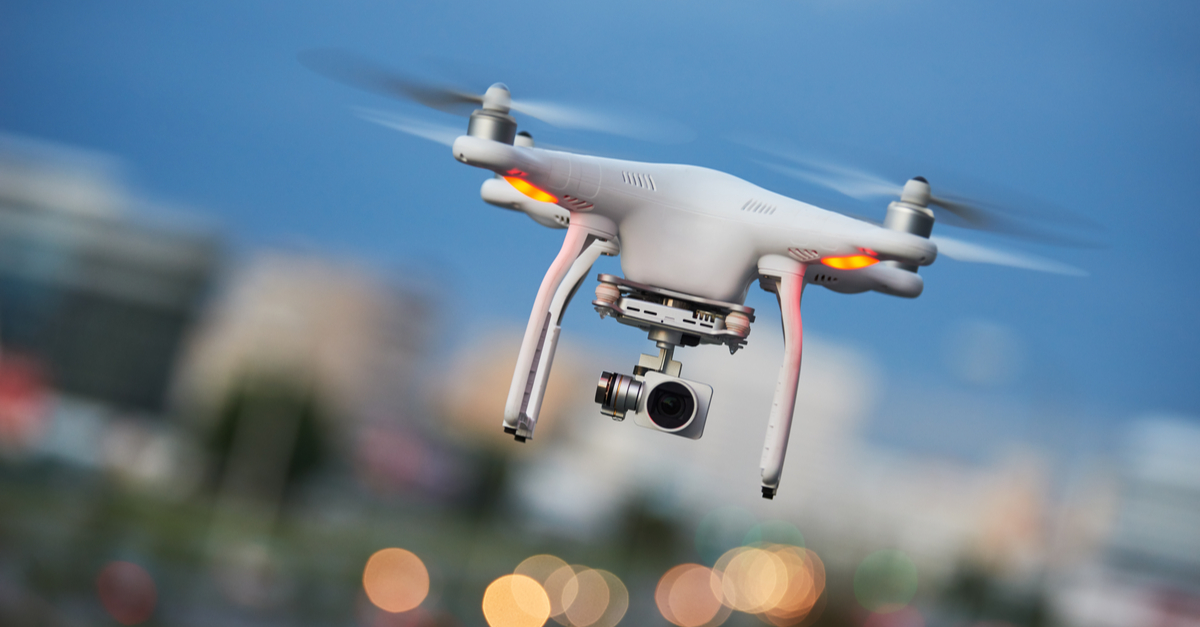A recurring problem with requests for proposals (“RFPs”) seeking drone services, and the resulting contracts for those drone services, is an unclear or incomplete description of the scope of work being sought and vague contract terms.
First ask why. A company seeking to engage an outside vendor or pilot to capture data using unmanned aircraft systems, a/k/a drones, is wise, as part of preparing its request for proposals, to articulate the primary purposes for engaging vendors. For example, is the business seeking expertise in a particular function, such as surveying versus inspection? Or, is it hoping to obtain a better value or shift risks by having the services performed by a third-party? Knowing why forces the party purchasing services to prioritize its criteria for selecting a vendor.
Be Clear and Assume Nothing. Incomplete or unclear RFPs beget unclear responses and incomplete or unusable deliverables that fall below expectations. In one inspection project, a vendor delivered aerial footage of transmission lines without the GIS metadata imbedded because the RFP failed to specify it. The company assumed that this data would be included, but the vendor did not. This lack of communication did not end out well for either party.
Specify who owns the data. The cost of services may be liked to who owns the data or images collected or who stores and protects it. Generally, the author who actually creates a work, such as a photograph or video, in any medium, is its owner and may prevent others from using the work without her consent. Thus, the drone operator who actually captures images, technically owns the images unless an exception to the general principle, known as the “work for hire” doctrine, applies. A work for hire is a work prepared by an employee within the scope of employment or commissioned or ordered specially for inclusion in a collective work. While this sounds straightforward, the work-for-hire doctrine is actually very complicated.
The best way to address the potential problem is by clear contractual language that spells out exactly who owns the intellectual property and how the work can be used. A drone service company may charge less if it is entitled to sell/use the images it collects. Or, it may charge more if the images are the exclusive property of the utility, surveying or other company requesting services. Whether the parties are interested in such an arrangement depends on many factors, including how sensitive the images, where the images are stored and how they are accessed. To evaluate a vendor, the requesting party needs to understand who will be the “owner” of the works (the videos, images or data created).
Specify responsibility for data protection. Data must be protected while being collected, transferred and stored. This is not only about electronic transfers from one device to another, but also about the SIM chip that gets popped out of a device and put into someone’s pocket or backpack on the way to post-collection processing. Companies seeking to engage vendors should explain its requirements in as much detail as appropriate and include robust indemnification procedures, not overlooking the fact that monetary remedies may be cold comfort if the data is compromised. Vendors seeking to offer drone services do well to demonstrate the efficacy of their data-security programs.
Outsourcing drone services can be an excellent solution for many companies as well as a first step to creating an in-house drone program. If you need help making that experience a safe and profitable one, I am available to draft and negotiate templates and custom products so that the risk and the benefits stay in all the right places.
Lydia Hilton knows bankruptcy – and drones. Having spent more than 25 years concentrating on real estate litigation and bankruptcy matters, today Lydia also applies that versatility to the highly entrepreneurial business opportunities within unmanned aircraft systems (UAS), a/k/a “drones.”

